According to statistics from the Ministry of Education and Training, the number of candidates admitted to university in the first round of 2024 on the system is 673,586, an increase of 58,116 candidates compared to 2023.
However, the number of candidates who confirmed their admission was 551,479; accounting for 81.87% of the total number of candidates admitted in the first round. Thus, there were 122,107 candidates who were admitted but did not enroll in university, accounting for 18.13%.
Compared to last year, the admission rate after passing the entrance exam this year is higher (in 2023, this rate was 80.34%). So what is the reason why more than 120,000 candidates did not enroll?
Many options outside of college
Sharing with VietNamNet, Master Pham Thai Son - Director of Admissions, Ho Chi Minh City University of Industry and Trade, acknowledged that more than 120,000 admitted candidates refusing to study at university is a normal thing in admissions.
The reason is that many students have gone to study abroad, learn a trade or go to work abroad, especially candidates from the North Central region such as Ha Tinh, Nghe An, Thanh Hoa. In provinces and cities with better economic conditions such as Ho Chi Minh City, Long An or Hanoi... many students go to study abroad or choose international universities. Even though they have other options, they still register for university admission as a "sure solution".

“Nowadays, many families’ economies are more developed. Therefore, children of these families have many options after high school, not necessarily having to study at a domestic university,” said Mr. Son.
Master Phung Quan - Admissions expert, University of Natural Sciences (Ho Chi Minh City National University) said that candidates may refuse to go to university for reasons such as: Staying at home to take care of family matters; Due to family circumstances or they have other options such as vocational training, secondary school, college. In addition, some students choose to study abroad or choose to study and work abroad...
Dr. Nguyen Trung Nhan - Head of Training Department, Ho Chi Minh City University of Industry, said that some candidates refused to enroll because they were admitted to a major they did not really like. Meanwhile, many candidates registered for university admission just for the sake of it, but in fact they went to study abroad.
Tuition barriers
Mr. Pham Thai Son said that, besides the number of well-off families, the number of families with economic difficulties is also very large and their children are hindered by tuition fees.
“High tuition fees and living expenses for new students today are a big barrier. A new student at a public university will need an average of VND10 million per month for tuition, accommodation, living expenses... Meanwhile, these costs at private universities are much higher,” said Mr. Son.
According to Mr. Son, the current mechanism for lending money for studying is not suitable. Joint stock commercial banks should participate to solve the problem. Mr. Son supports high tuition fees but thinks that there should be a policy of lending enough money to cover income and expenses for students to study.
Agreeing with this view, Mr. Phung Quan commented that tuition fees will directly affect students in remote areas. However, if they are really good, they will win scholarships and support policies... from schools, businesses, alumni communities, and other organizations.
According to Dr. Nguyen Trung Nhan, tuition fees are not necessarily a barrier because schools currently have many support policies, including scholarships for students in difficult circumstances. Meanwhile, tuition fees have been made public by schools in their enrollment plans, so candidates have time to learn about them before registering their wishes. Schools have also advised candidates very carefully.
Therefore, tuition fee problems can only occur for students who register for public schools but are not admitted to them but are admitted to non-public schools. Meanwhile, non-public schools have few policies on tuition fee support for candidates.

Associate Professor Do Van Dung, former principal of Ho Chi Minh City University of Technical Education, analyzed that among the more than 120,000 candidates who refused to enter university, there were many reasons. The first reason was that candidates with high scores dropped out of domestic universities because they had applied to study abroad.
Therefore, registering your wishes on the system is a backup plan and if you do not go abroad to study, you can choose in the country. This number accounts for about 20,000-30,000 candidates/year. Of which, 3 countries Australia, the US, and the UK are chosen by many candidates.
The second reason is that the candidates’ families have financial difficulties, while universities are autonomous. Candidates register for admission but are delayed by high tuition fees and their families’ financial conditions. Some candidates do not register for additional admission to local universities near their homes or universities with lower tuition fees.
The third reason is that candidates go to vocational school near home, the study time is short, after graduation they can work, then they will continue their studies to university. The fourth reason is that candidates go to work abroad and this number is quite large now. The rest are candidates who are admitted to fields they do not like or have low career prospects.
“Currently, the social policy bank can lend up to 8 million VND/month, however, many families and candidates are afraid of debt so they do not dare to borrow money to go to school. This is also a big barrier that makes candidates pass the entrance exam but do not enroll,” said Mr. Dung.

Many universities conduct additional admissions, some accept applications with scores above 26.

More universities consider additional admission from 15 to 22 points
Source: https://vietnamnet.vn/nguyen-nhan-nao-khien-hon-120-000-thi-sinh-da-trung-tuyen-nhung-bo-hoc-dai-hoc-2316288.html


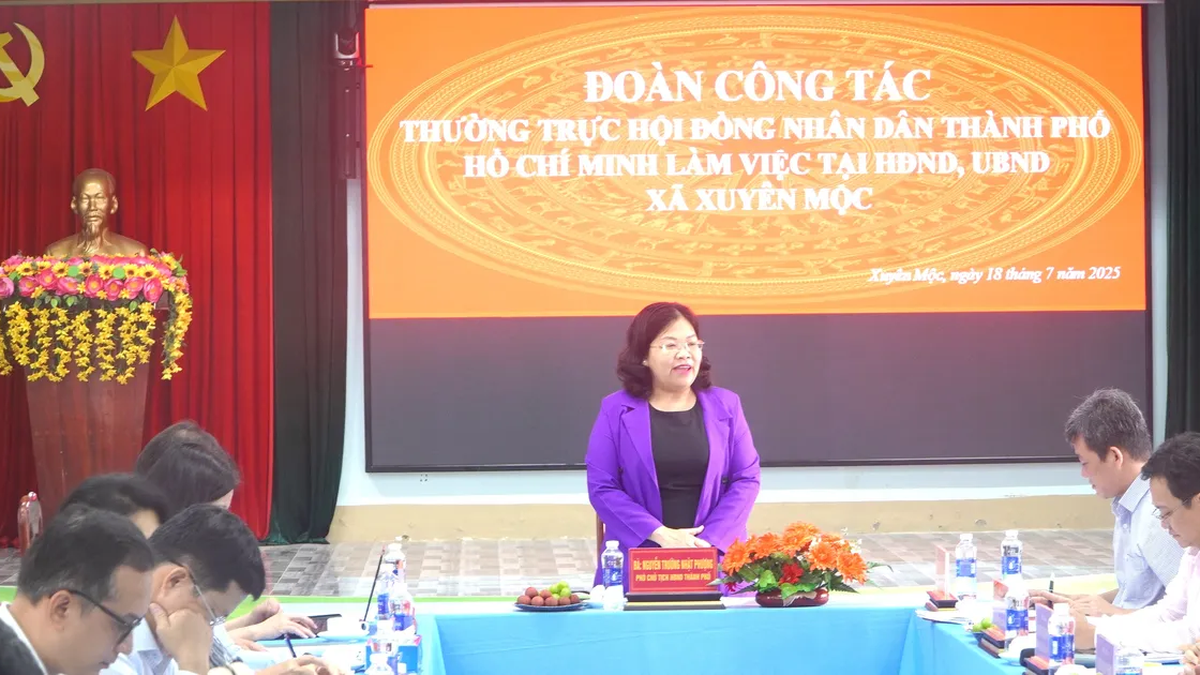

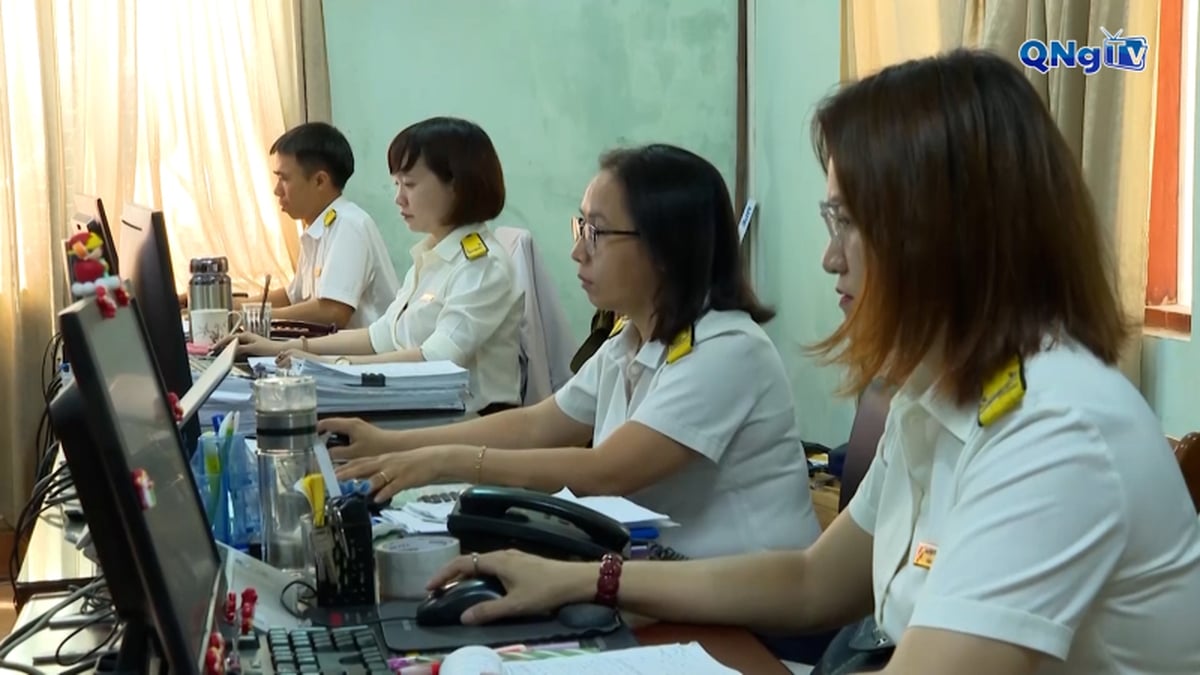


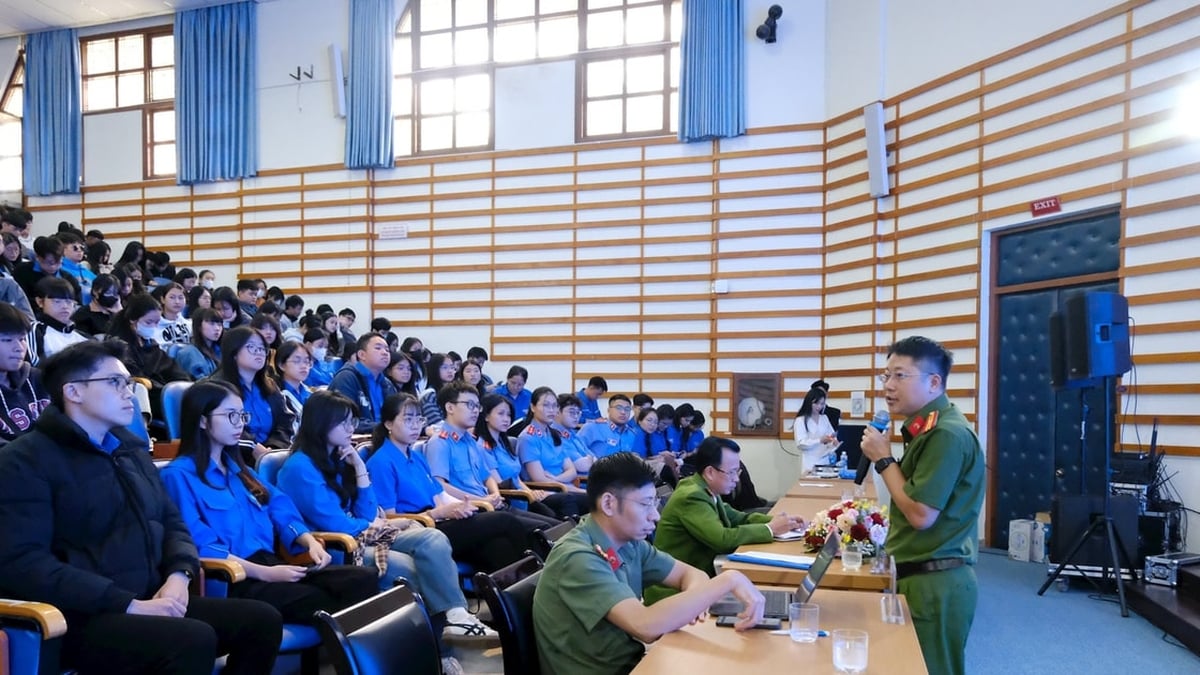

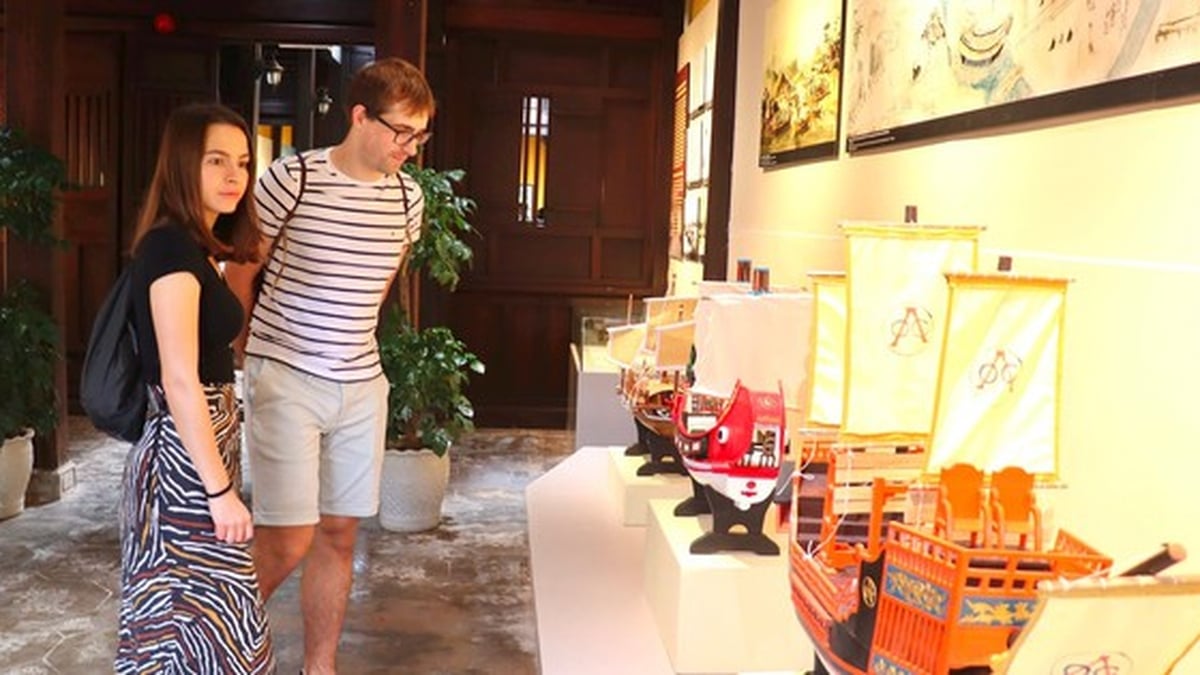























































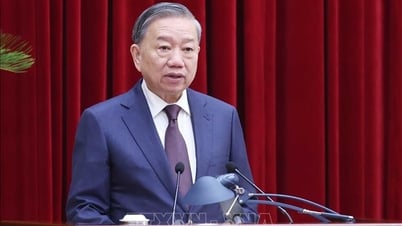

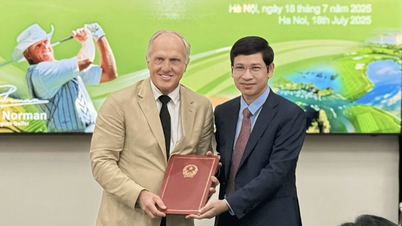

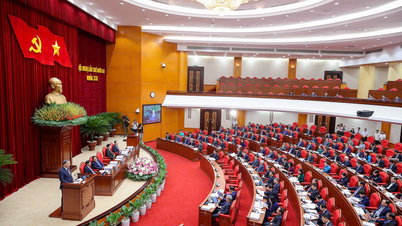





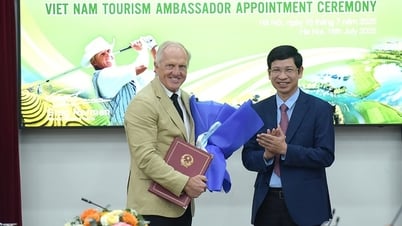


















![[Infographic] In 2025, 47 products will achieve national OCOP](https://vphoto.vietnam.vn/thumb/402x226/vietnam/resource/IMAGE/2025/7/16/5d672398b0744db3ab920e05db8e5b7d)







Comment (0)